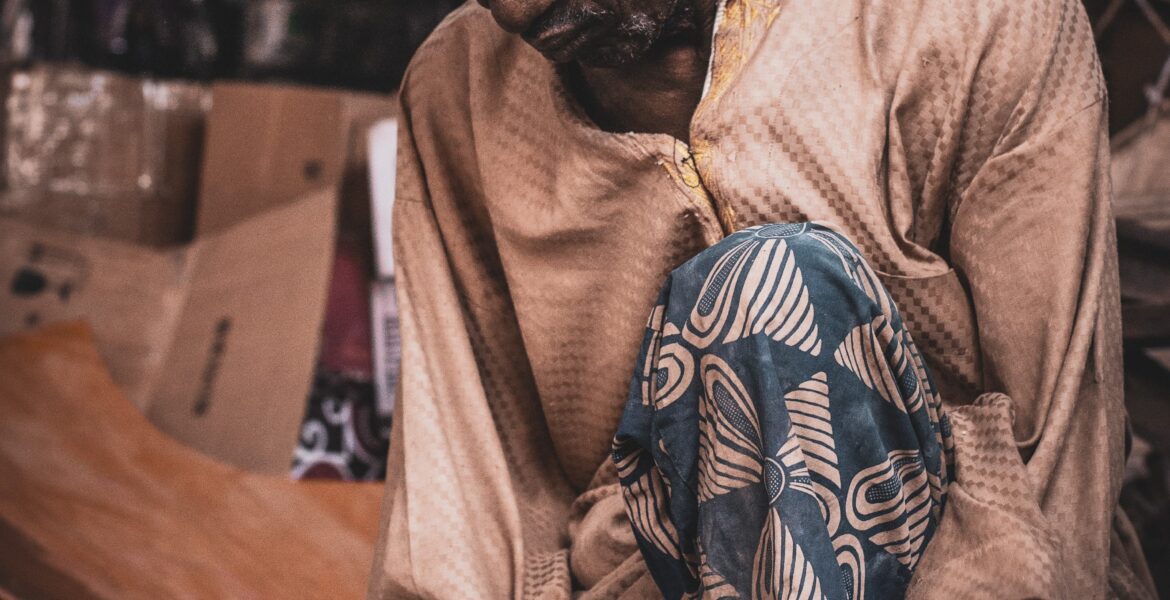Is capitalism too inherently unethical to reform for the better? THATO CHUMA considers this gravid question
Imagine it for a moment: transparent, ethical sourcing of raw materials, nurtured workforce, accountable corporations and community-centred enterprises. These are said to be some of the elements that inform responsible capitalism.
As our economy continues to face strain and possible collapse, in the midst of this chaos, can a different kind of economy be born? This brings us to the possible notion of ethical capitalism – creating long-term economic value that bridges the widening wealth gap between the rich and the poor.
In a society where it is a luxury to earn enough to live a decent life, Botswana is one of the most unequal countries in the world. Heavily dependent on diamonds, this eroded its diversification drive and subsequently implementation of policies that inform it. The difference in living standards is quite pronounced and has remained so since gaining independence in 1966. Most of its industries are in infancy, and social indicators such as unemployment and inequality remain anemic, crippling its progress. When it comes to capitalism, the people of Botswana are mostly at the far end of its benefits.
While some consider capitalism to be inherently unethical, others do believe it could be improved. Dr Rowan Williams, in his paper “Can Capitalism Be Ethical,” stated that “the motivation which capitalist practice assumes is self-directed. It is about giving oneself more money, more property, more resources and more opportunity. By some miraculous or providential situation, the sum total of individual and corporate selfishness produces social good”.
He added that capitalism’s resistance to regulation or direction outside the trading unit and social benefit being secondary to its cause makes it unethical. On the other hand, the rise of social entrepreneurs bears promise of intention to make ‘capitalism better’. Social entrepreneurs are those who use their entrepreneurial skills for collective and impactful ends. In many ways, they create flexible organisations that are accountable not only to the people they serve, but also to the environment they function in. But can capitalism be reformed, or should it be undone?
“My take is that ethical capitalism is not a possibility, and in fact, it is the reason I set up as a social enterprise to be a go-between those at the top of the food chain through both ethical and non-ethical capitalistic means, and guide them towards making an impact whilst they get the return on investment they seek,” explains Cultural Economist and Development Practitioner, Thabiso Mashaba. He is currently spearheading of one of Botswana’s promising social enterprises, These Hands GSSE, which supports grassroots innovation in developing countries.
When American businessman, Dan Price, established a $70,000 minimum wage at his Seattle company Gravity Payments after his employees said market rates were a rip-off, it caused an uproar across the world. Realising his previous wage policy was hurting his staff, the new annual wage positively turned around productivity and wellbeing. It was a sensation, one that he has kept in place to date. In contrast, Botswana’s minimum wage is P1,000 per month, an unlivable amount that continues to be a sore eye in the nation’s economic outlook, perhaps even a contributing factor to the country being named one with unhappy citizenry.
The transformation from our current economic design to an ethically-driven one is not impossible. Shifting power and ownership from employers to workers, increasing the minimum wage, as well as introducing of social grants and empowering policies are some suggestions that could drive a more balanced society in Botswana. But even then, the redistribution of wealth from the few to the many would require aggressive and collective lobbying through receptive channels that inform decision-making, something that demands leaders who are progressive and who lead with the people. In countries such as Finland where the welfare of the people is highly considered, this model of inclusive capitalism has effected an increase in personal freedoms, overall wellbeing and hardly any corruption.
For a new business norm to exist, reflections must be made on current frameworks, which has not been the case in Botswana. With frail accountability bodies, inflexible leadership and continuing corruption, the discussions on whether capitalism is working for Batswana have not been a consideration, particularly in Parliament. Criticism of the welfare of the people are not only ignored but are suppressed, such as in the recent case of police brutality that occurred during peaceful protests in early September. Radical reforms are necessary, if we are ever to believe that capitalism will indeed bring progress to the fore.

